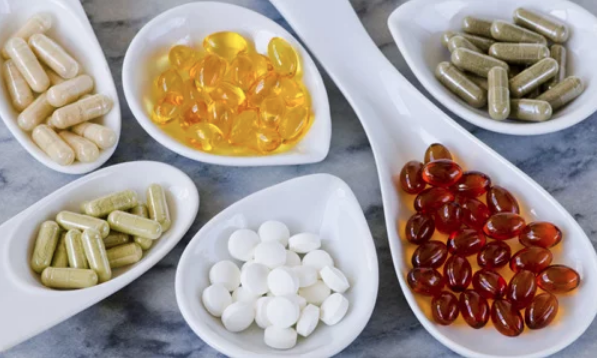
Not All Minerals Are Good For You…
Your body needs essential minerals to function properly. Dietary minerals support growth and development, build strong bones and teeth, support nerve function and blood building, and regulate metabolic processes that convert the food we eat into energy. Some of the essential minerals we need are calcium, iron, and potassium. Minerals are found in whole foods, supplements, or in foods fortified with essential minerals.
If we don’t get enough of these nutrients, the body can’t stay healthy. Mineral deficiency can wreak havoc on the body and cause several health disorders including anemia and goitre. In addition to iron deficiency (anemia), common minerals that are deficient in a high number of people are zinc and magnesium. If you’ve been wondering how to lose weight, that could also be a sign of mineral deficiency. For example, calcium is stored in fat cells and support fat burning. It clings to fat in your gastrointestinal tract, preventing some of the fat from being absorbed into your bloodstream.
Due to the rise in commercial and industrial farming, there’s been a depletion of minerals in soil, which means that the fruits and vegetables grown in the average farm decades ago were much richer in vitamins and minerals than those grown on the average commercial farm today. This is a clear reason to buy organic, or to start growing your own produce if you have space! Alternatively, taking supplements is an effective measure to ensure you’re getting your daily requirement of dietary minerals.
We can’t stress it enough: read your supplement labels and don’t opt for the cheap alternatives! Dangerous forms of minerals are often used in cheap multivitamins. Some of these are even found in “all natural” baby formulas, and nutritional drinks for children (including ones sold in health food stores)! These crude forms of minerals are in the form in which they are mined, unreacted (or chelated) and have proven to be toxic, and even carcinogenic. When these forms of minerals react with other compounds they become closer to the forms in which they exist in food. Those minerals (citrates, glycinates, chelates, etc.) can be easily assimilated and utilized by the body.
The most dangerous forms of minerals are those in the sulfate form. These include copper sulfate, ferrous sulfate, manganese sulfate, and zinc sulfate. The next most dangerous form of minerals are those in the chloride form: chromium chloride, potassium chloride, and zinc chloride. Two other detrimental minerals to be avoided are sodium molybdate (molybdenum), and sodium selenite (selenium). You can limit your exposure and reduce the risk of ingesting these harmful compounds by being a conscious consumer and reading your labels. Write down this list of minerals to avoid in your notes app on your cell phone so you have it with you and can consult it easily while at the supplement store, or simply bookmark this blog!
Other unhealthy components found in cheap supplements include certain preservatives (sodium benzoate is especially bad), artificial sweeteners (aspartame and sucralose), and synthetic food colorings, including titanium dioxide, inserted to make pills white. These filler products are purely there as a cost-benefit for companies prioritizing profit over any genuine desire to provide healthy products for their consumers. Be wary of supplements that boast their effectiveness with little to no product information listed. Be a savvy supplement consumer and read your labels, and always choose the highest quality products when it comes to your health and wellness. And lastly, think Nutristart when shopping for mineral and vitamin products at your local supplement store!